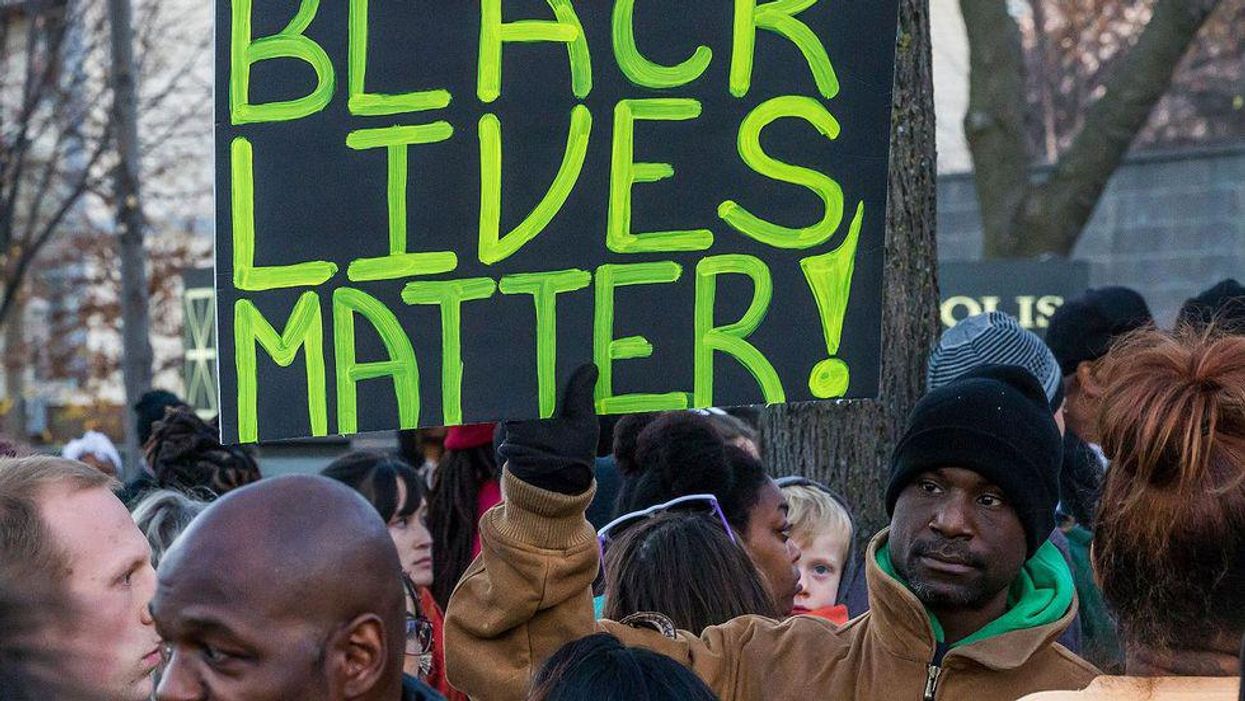A federal judge has ruled against Florida Gov. Ron DeSantis (R) and Republican lawmakers' anti-riot bill despite their futile attempts to prove the piece of legislation wasn't an attempt to target Black Lives Matter activists.
On Wednesday, September 10, U.S. District Judge Mark Walker ruled against the bill describing it as "'a trap for the innocent."
The judge also expressed concern about the context of the lawmakers' definition of "riot." According to the Miami Herald, the definition of the word "is so vague that 'Floridians of ordinary intelligence' could not understand exactly what acts are prohibited under the law, a portion of which is temporarily blocked while a lawsuit goes to trial."
"Governor DeSantis cannot credibly argue that this new definition of 'riot' was not intended to empower law enforcement officers against those who may criticize their legal authority, as he has referred to the proposed legislation that led to HB1 as 'the strongest anti-rioting, pro-law enforcement piece of legislation in the country,'" Walker wrote.
The ruling comes as DeSantis and Republican lawmakers face a flurry of lawsuits over the controversial bill. The publication went on to highlight lawsuit filed by the Dream Defenders. Like Walker, the group also focused on lawmakers' definition of "riot."
"The lawsuit was spearheaded by the group Dream Defenders and much of the debate during court hearings centered on HB 1's definition of someone who commits a riot: a person who 'willfully participates in a violent public disturbance involving an assembly of three or more persons, acting with a common intent to assist each other in violent and disorderly conduct' that results in injury, property damage or imminent danger to another person or property damage," the Miami Herald reported.
Walker also raised concerns about problematic verbiage within the bill and how context could play a major role in civil cases stemming from the law.
The publication notes that the judge ultimately decided the state's interpretation of the Florida law "strains the rules of construction, grammar and logic beyond their breaking points."


